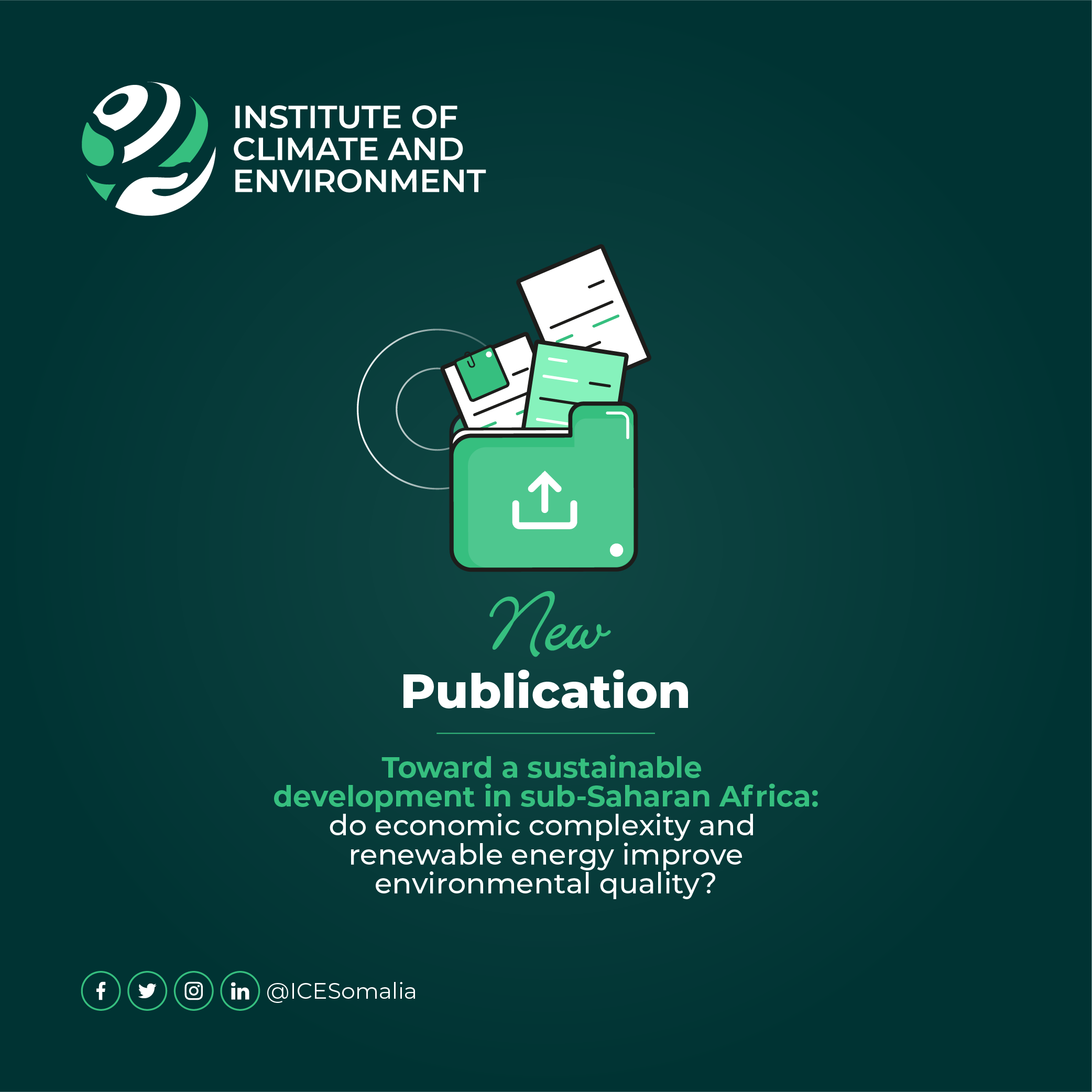
Toward a sustainable development in sub‑Saharan Africa: do economic complexity and renewable energy improve environmental quality?
There is a trade-off between economic growth and environmental quality. Whenever there is economic growth, it is usually achieved at a cost to the environment because economic activities are associated with more energy consumption. Also, if we opt to preserve the environment by reducing the consumption of fossil fuels, that slows down the economic growth of the country. Hence, it is necessary to implement structural transformation to sustain both economic growth and preserve the environment. Some of the countries in sub-Saharan Africa have transitioned from reliance on agriculture-based exports to more complex industrial production, which requires more energy consumption. This can be seen from the share of employment in agriculture across the continent that is declining rapidly. Researchers concur that most of the environmentally polluting industries are located in developing countries, because these countries produce less sophisticated items such as clothing and basic manufacturing products.
The purpose of the economic complexity index (ECI) is to demonstrate a country’s ability to create and export more complex goods, while also measuring the amount of productive knowledge that exists within the country. These capabilities are inputs that cannot be traded and are necessary for producing goods, including infrastructure, property rights, institutional quality, and both human and physical capital. By using the ECI, it is possible to determine that a country’s production structure is directly related to its level of knowledge accumulation and the amount of skilled labor available. However, economic complexity provides a platform for knowledge-based manufacturing that could improve environmental quality via the adoption of eco-friendly technologies. On the other hand, Africa possesses the largest renewable energy sources in the world. The continent receives abundant solar radiation all year round and has the potential to generate geothermal and hydroelectric energy. Experts agree that wind power could also be extensively used. Despite the availability of abundant renewable energy resources, such as solar, wind, hydropower, and vast geothermal energy, many nations in Sub-Saharan Africa use only a small fraction of these resources.
This study investigates the impact of economic complexity and renewable energy consumption on carbon emissions using panel data from 41 sub-Saharan African countries including Somalia. The findings indicate that renewable energy consumption reduces environmental pollution in the short and long-run, while economic complexity improves environmental quality in the long-run. However, economic growth contributes to environmental degradation, and urbanization increases pollution in the long-run. The study suggests that SSA countries should encourage knowledge-intensive production, invest in renewable energy infrastructure, and subsidize clean energy initiatives to achieve environmental sustainability.



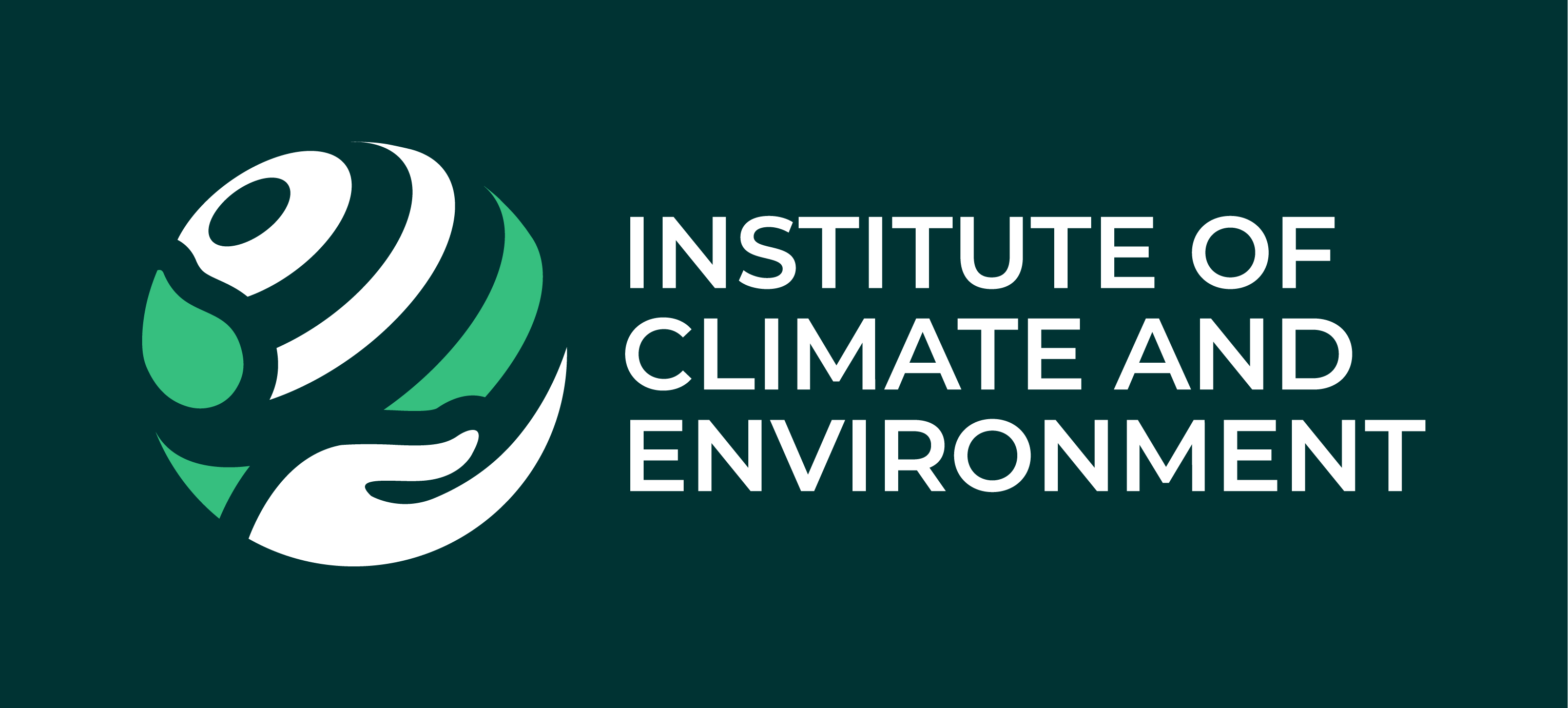
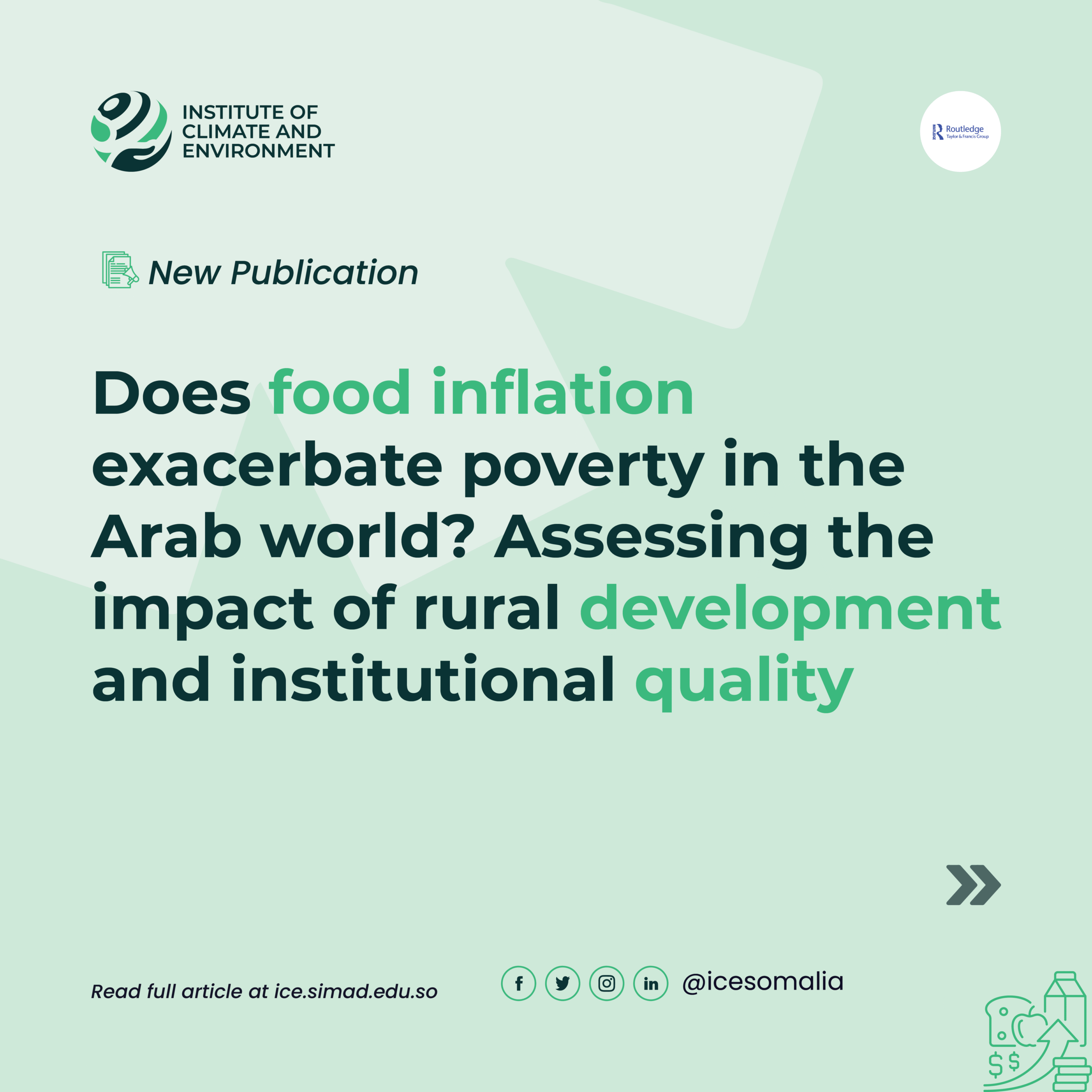
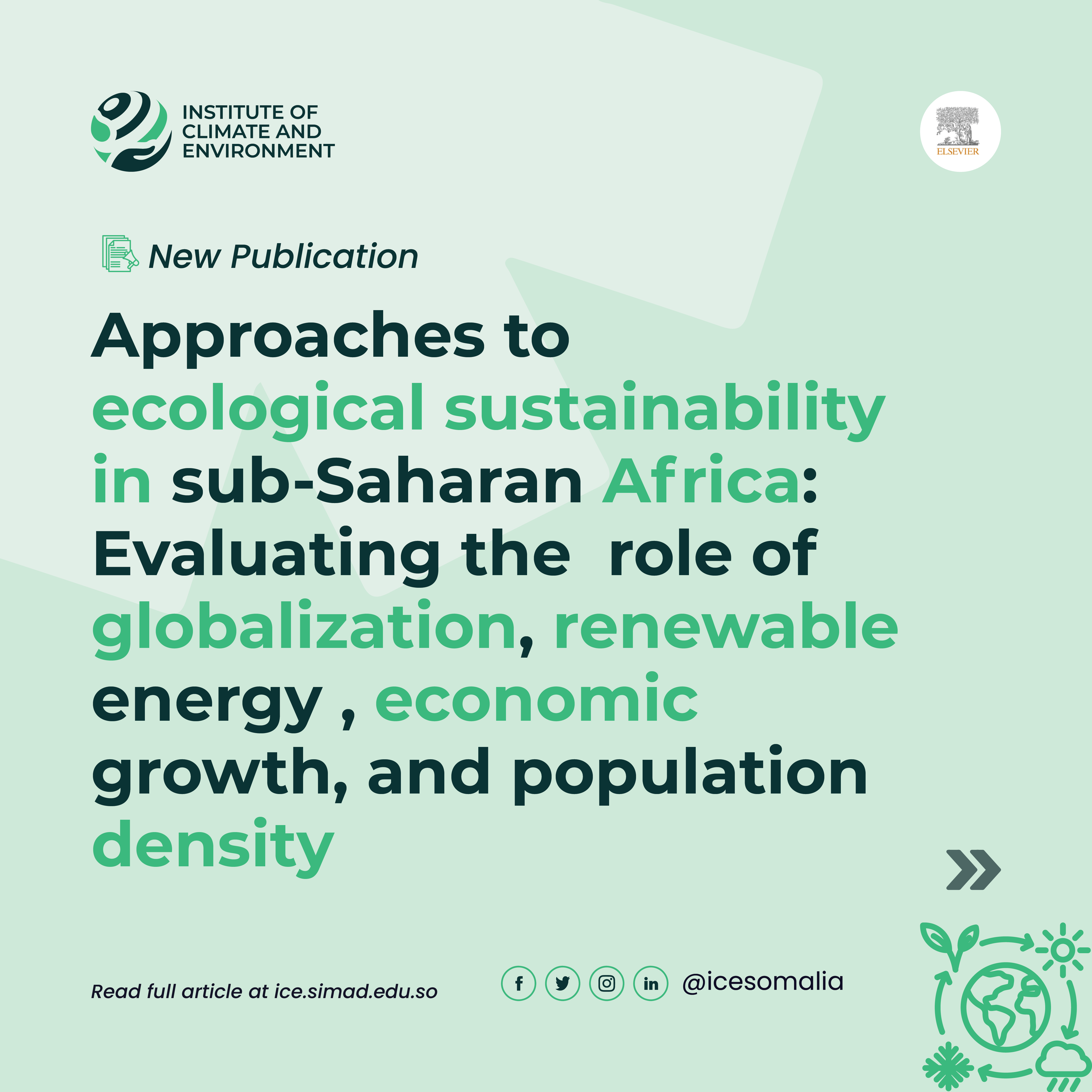

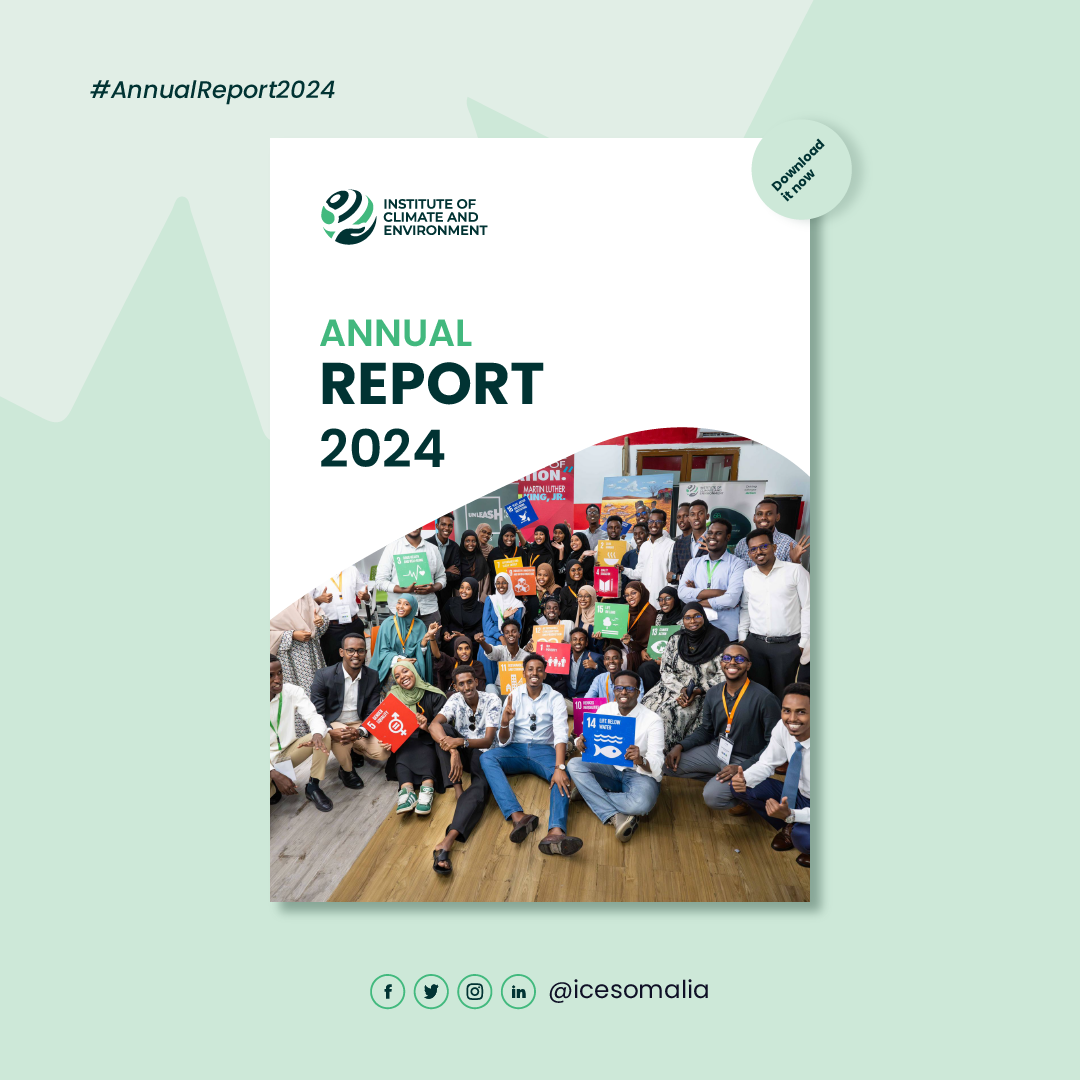
Leave a comment